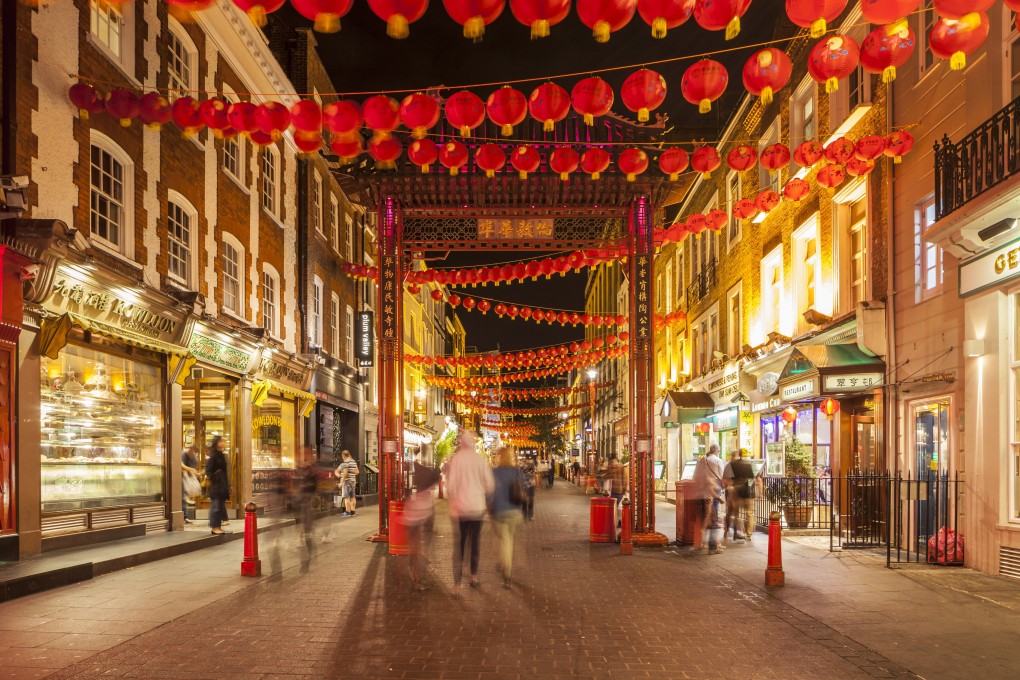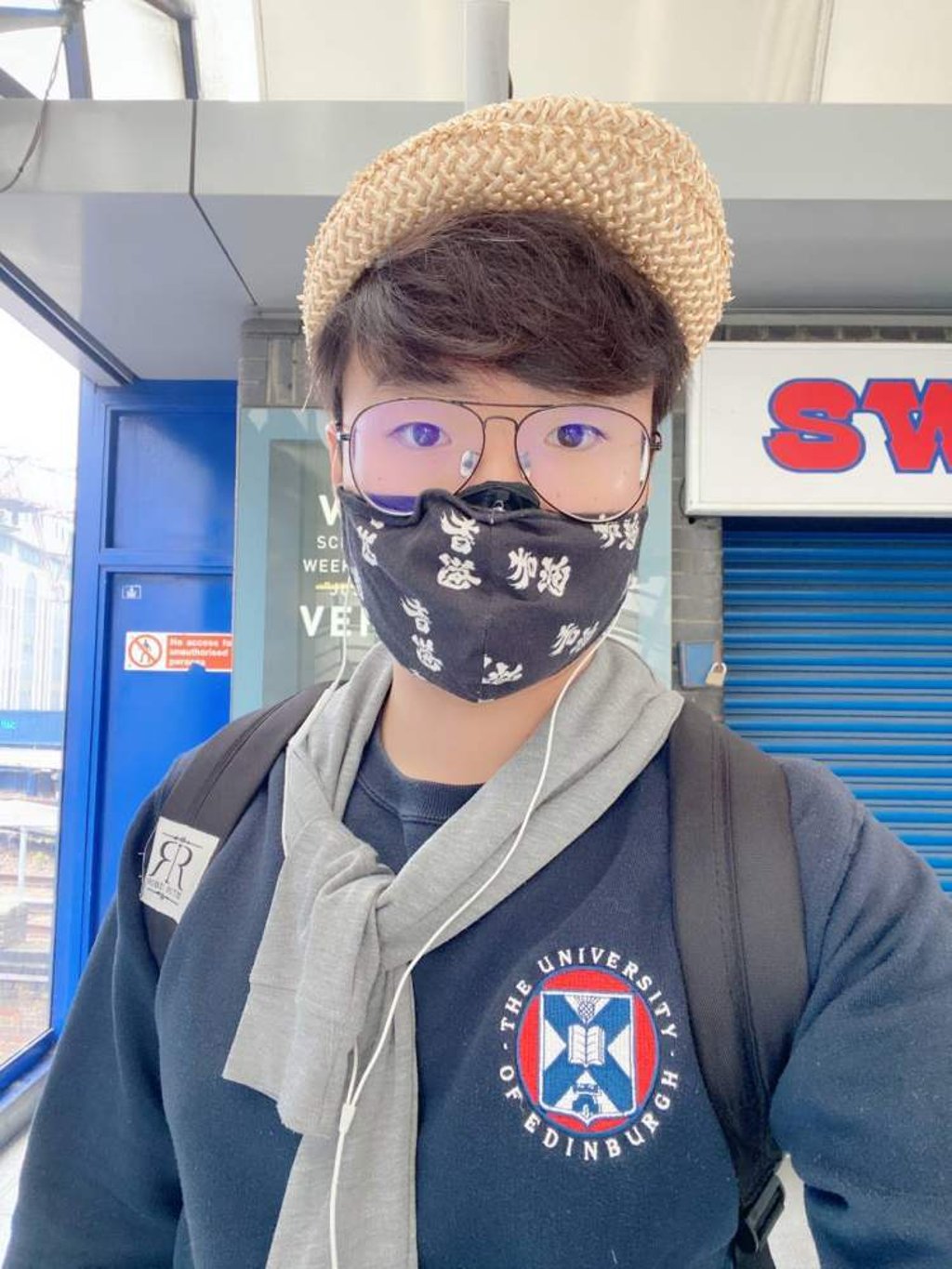Advertisement
Mid-Autumn Festival for homesick Hong Kong migrants to UK – the mooncakes they’ll eat and the festivities local Chinese communities put on
- For some who have moved from Hong Kong to Britain, it hasn’t been the smoothest of transitions, and this year’s Mid-Autumn Festival will feel acutely different
- Nevertheless, Asian businesses are baking mooncakes and desserts that will remind Hongkongers of home, and Chinese communities in Britain are putting on festivities
Reading Time:5 minutes
Why you can trust SCMP
10

In Hong Kong, the Mid-Autumn Festival is traditionally a calendar highlight. Every September (health pandemics permitting), the city’s streets and parks come alive with stirring dragon and lion dances, slick kung fu demonstrations and spectacular lantern displays, making for an awe-inspiring sight.
For Simon Cheng Man-kit, it is a beloved occasion associated with many fond memories. When he was a child, his family would prepare paper lanterns and red candles, boxes of mooncakes, and an assortment of snacks and fruits, and head to Tuen Mun Park, which was close to his home in the New Territories, for the evening.
They would carefully light their lanterns and hang them on a tree before rolling out a picnic blanket and settling down to chat, play board games and mingle with other families.
Advertisement
“It’s a scene that I will never forget. The many lanterns in the park seemed like stars on Earth, sparkling and twinkling. And it was enjoyable to see other people smiling, talking and laughing, and children running around the park,” Cheng recalls. “I could feel a sense of freedom and solidarity, as everyone was in a good mood. There was such a strong tie between me and the community I once lived in.”

However, the festival will take on a distinctively different flavour this year for the 30-year-old. The activist and former British consulate employee will be celebrating Mid-Autumn halfway across the world, in London, where he now lives after being granted political asylum in 2020.
Advertisement
Advertisement
Select Voice
Select Speed
1.00x